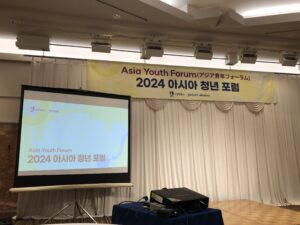I have given lectures in Malaysia, to participants from 16 countries.
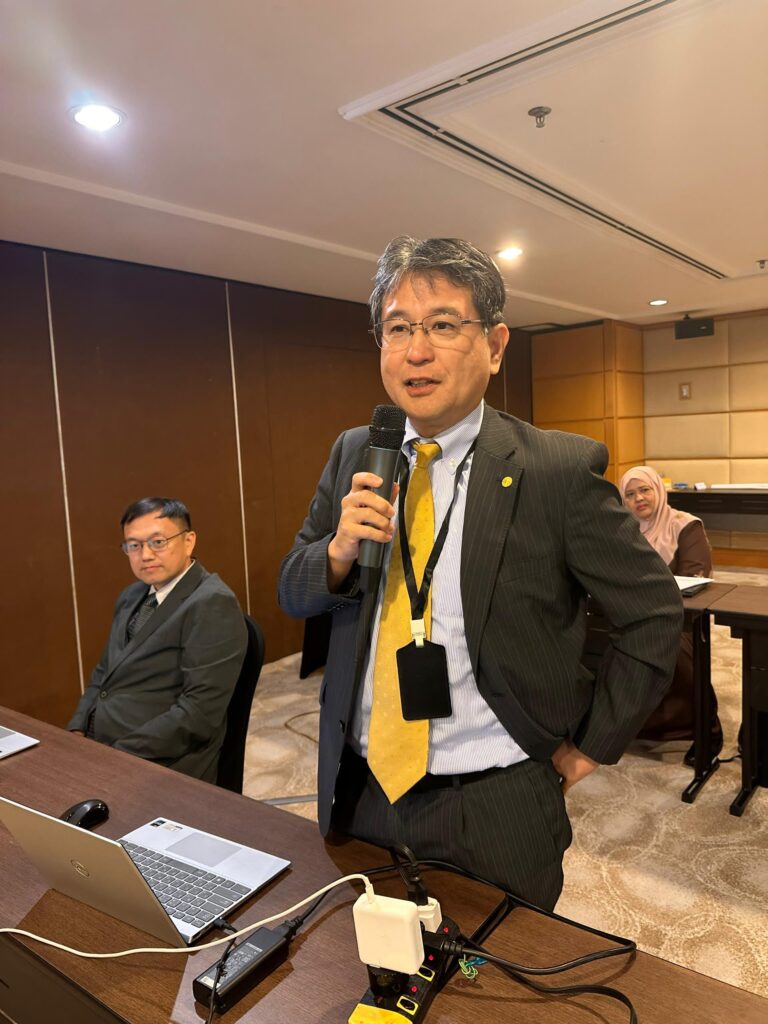
From November 10 to 16, 2024, I traveled to Kuala Lumpur, Malaysia, to give lectures on “Development of Productivity Specialist” organized by the Asian Productivity Organization.
The course was attended by participants from Malaysia and 15 other countries (Bangladesh, Cambodia, Fiji, India, Indonesia, Malaysia, Mongolia, Laos, Nepal, Pakistan, Philippines, Sri Lanka, Taiwan, Thailand, Turkey and Vietnam : in alphabetical order).
I gave four sets of 90-minute lectures, each in English.
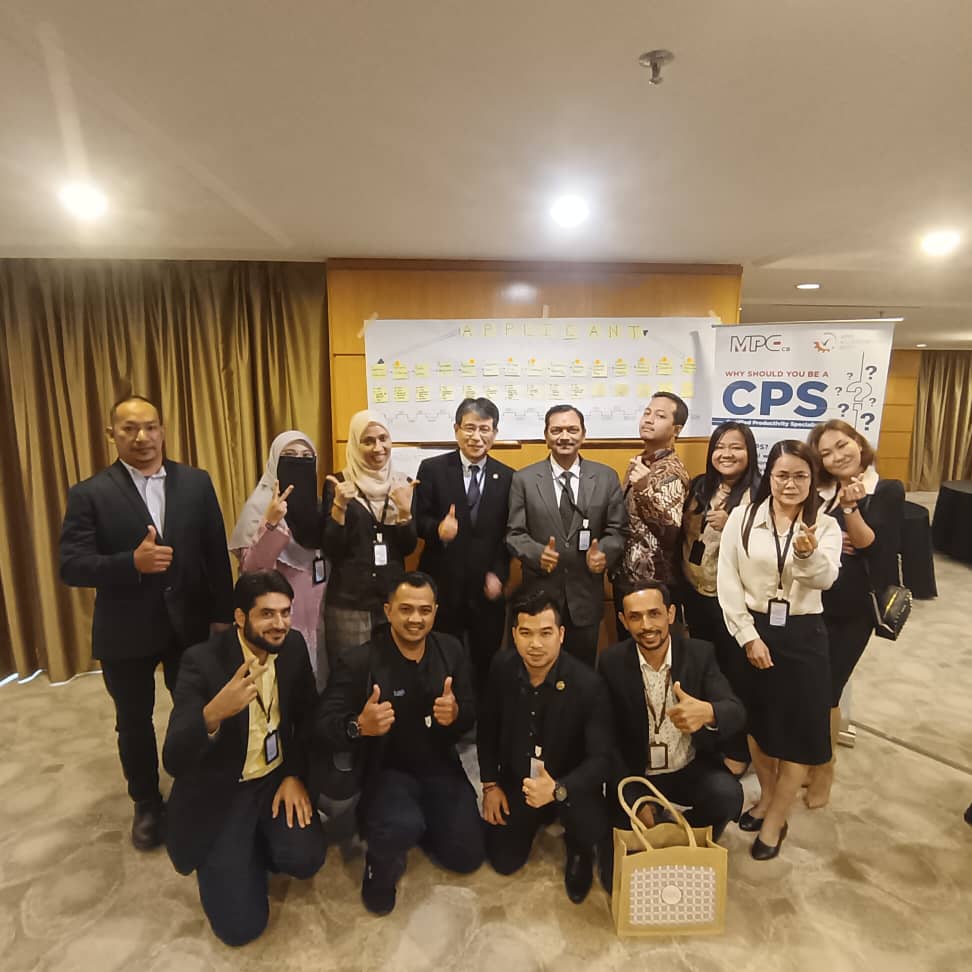
The participants were indeed representing their countries, and I was very impressed when one of them commented during self-introductions at the beginning of the session that the person wanted to learn more about Productivity so that the person could increase GDP of the person's country and enhance its national competitiveness.
For your information, Lavor productivity is defined as below formula.
Lavor productivity = Value added / number of workers.
The numerator of this formula, Value added, is produced by the company and organization, and the GDP is the sum of the Value added at the national level. Therefore, increases in labor productivity and value added are closely related to increases of GDP.
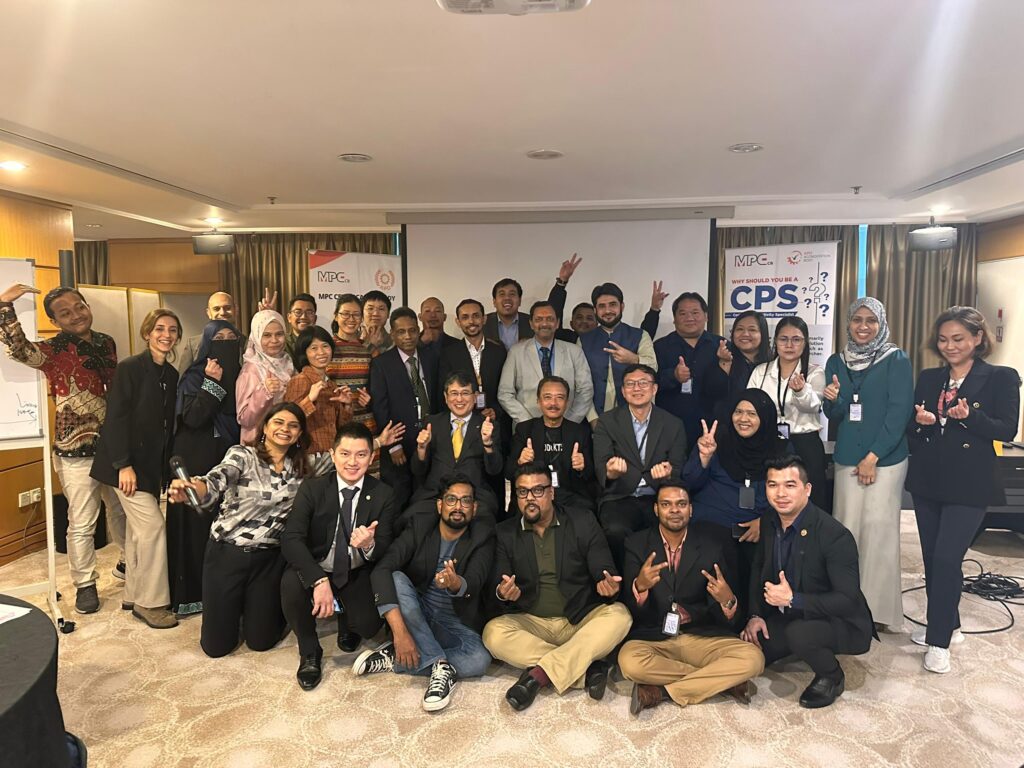
Another participant (a university professor) from a certain country was participating as part of information gathering for the creation of a new faculty specializing in “Productivity” at the person's university, with the aim of enhancing “Productivity” in line with national strategies. The person is usually involved in cutting-edge technology development.
It was a precious opportunity to recognize once again the importance of “Productivity” in national management, even on a global scale.
The participants from each country visited and toured Malaysian companies in the week after the lecture, deepening their understanding of Productivity not only through theory but also through hands-on experience.
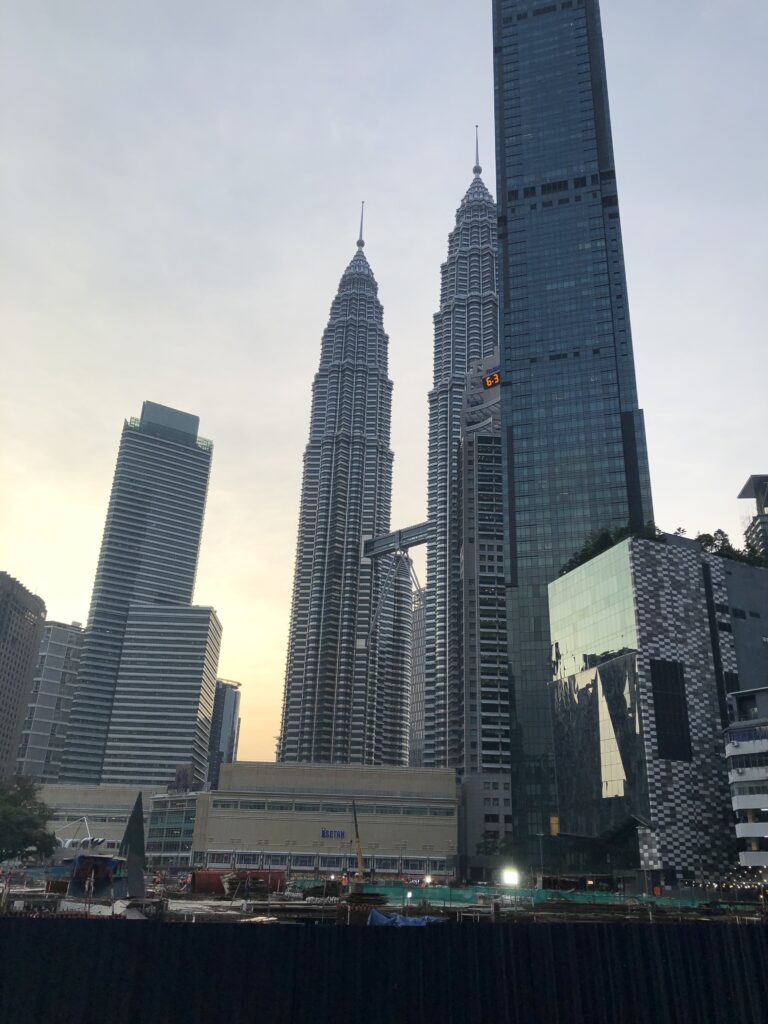
Incidentally, my previous visit to Kuala Lumpur was in 2003 while I worked as an EXPAT of a Japanese company's subsidiary in Bangkok, Thailand (2001-2006), which is about 20 years ago. As well as previous visit, the city of Malaysia is relatively clean among Southeast Asian countries, and I have the impression that the kindness and courtesy of Malaysian people have not changed.
On Friday, there is a longer break time during lunchtime because of the Muslim prayer service. Many women also wore a hijab. It seems that women are taking important role in society and organization in Malaysia, and one of the lecture participants was a female Malaysian executive who kindly spoke about the benefits of the 5Ss (Seiri/Sort, Seiton/Set in order, Seiso/Shine, Seiketsu/Standardize and Shitsuke/Sustain) based on her own experience.
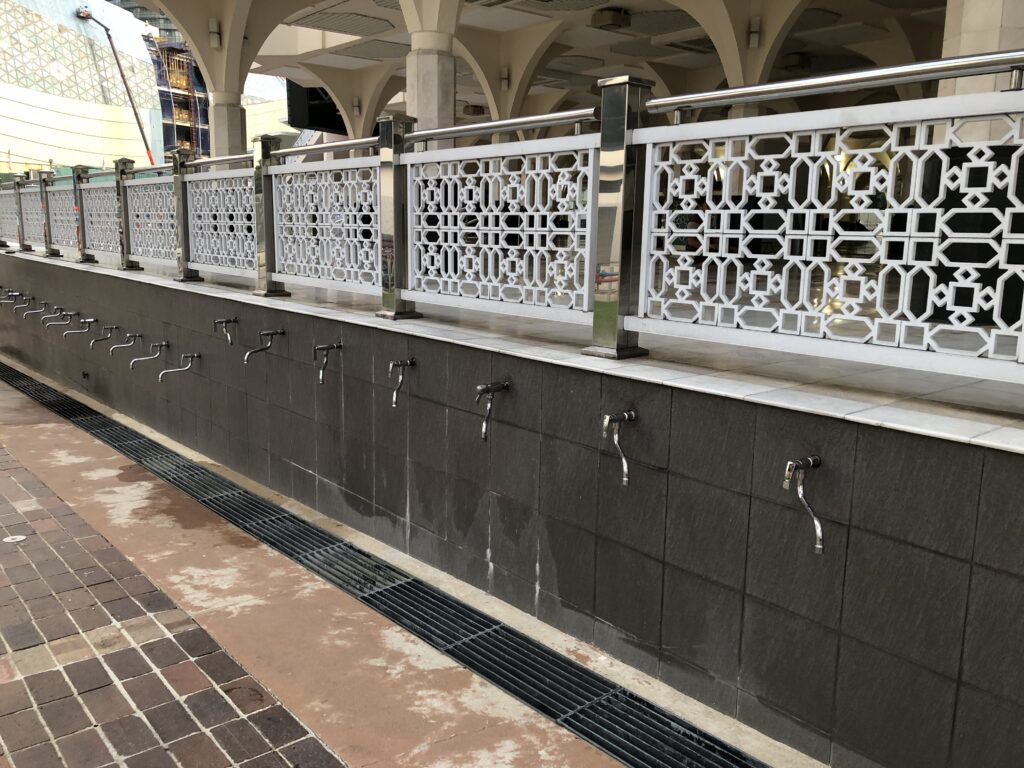
On the other hand, I noticed that buildings near the hotel were being constructed by Chinese constructors. It is clear that Chinese capital is also making inroads into Malaysia.
The Malaysian national car “Proton” used to have a technical alliance with Mitsubishi Motors Japan, but the relationship has already been dissolved, and now it is 49% owned by Geely Automobile, a Chinese car manufacturer.

